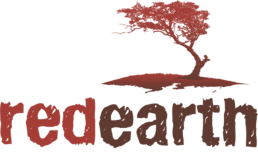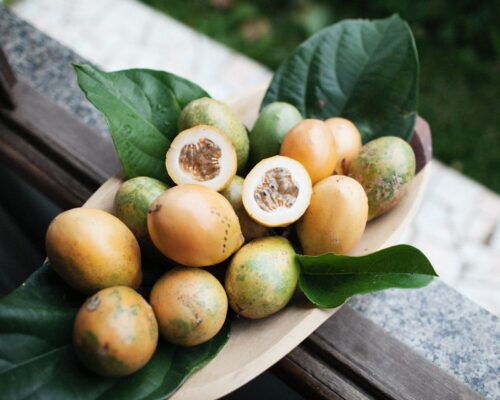As a traveller, there are several ways you can boost the local economy and support the communities you visit. Even though you’re just visiting for fun, your presence creates work for the locals. Culture and tradition are better known and protected thanks to the increased interest in travel. Spending money on lodging, meals, and souvenirs, as well as on sights to see, all contribute to the local economy and help improve the area.
Being mindful of these ways to boost the local economy can make a big impact on the communities you visit.
Here are 5 ways you as a traveller can boost the local economy:
Stay in locally-owned accommodations:
Instead of booking a room at a chain hotel, consider staying in a locally-owned bed and breakfast, guesthouse, or vacation rental. Not only will you be supporting a small business, but you’ll also have a unique and authentic experience. Staying in a homestay means you are directly or indirectly responsible for the well-being of the homestay’s employees, such as the maid, the cook, the grocery vendor, etc.
Shop at local markets and shops:
Instead of buying souvenirs from large, tourist-friendly shops, consider visiting local markets and small shops to purchase unique and locally-made items. It gives you an overview of the food, clothing, and artefacts that are typical of the area. The local community benefits monetarily from these markets and choosing to support one’s community’s merchants is a great way to stimulate the economy and add jobs.

Dine at local restaurants:
What makes a region unique is its cuisine. Street food is typically the main attraction in any given area. Almost anywhere you go, there will be at least one street food stand that you simply must try. You can experience the true flavours of a place and contribute to the local economy by opting for street food from the local food chain.

Book activities and tours with local operators:
When planning activities and tours, look for local operators who can provide an authentic and unique experience. Further, it is typically very difficult to learn about the location and organise the trip. The best way to see the area is with the help of a local guide who is familiar with the area and can help you create a customised itinerary based on your interests and time constraints. Consequently, employing a local guide boosts the economy by providing work for many people.

Use local transportation:
Instead of renting a car or taking a taxi, consider using public transportation or hiring a local driver. As a bonus, it also helps reduce air pollution. There are many benefits to taking public transportation, including the chance to mingle with the locals and gain insight into the area from their perspective. Taking the bus or train is an inexpensive option as well. Not only will you save money, but you’ll also be supporting local businesses.

Experience sustainable travel at its finest at our resort in Tadoba, resort in Kabini and resort in Gokarna and immerse yourself in nature while you leave a positive impact on the environment and the local community.
How can a tourist encourage the local economy?
Employ local tour guides and drivers Engage local communities, Cooperate with regional partners, Buy local souvenirs, Eat in local restaurants, Donate to local initiatives.
How does tourism benefit the local community?
Tourism generates jobs and income for underserved populations, such as women and rural communities, as well as funds for developing nations. In addition to providing economic benefits, tourism can help preserve traditions and promote cultural pride.
Which type of tourism promotes the local community’s economy?
Sustainable tourism benefits local communities through economic growth, job creation, and infrastructure development. At our Resorts in Tadoba, Kabini, and Gokarna, you’ll encounter sustainable travel at its finest. and Immerse yourself in nature while positively impacting the local environment and community.
What role does tourism development play in the local economy and community?
The benefits of tourism extend beyond the creation of billions of dollars, hundreds of millions of jobs, and opportunities for business. A thriving tourism industry contributes to the development of infrastructure like roads, parks, hospitals, schools, and community spaces.



